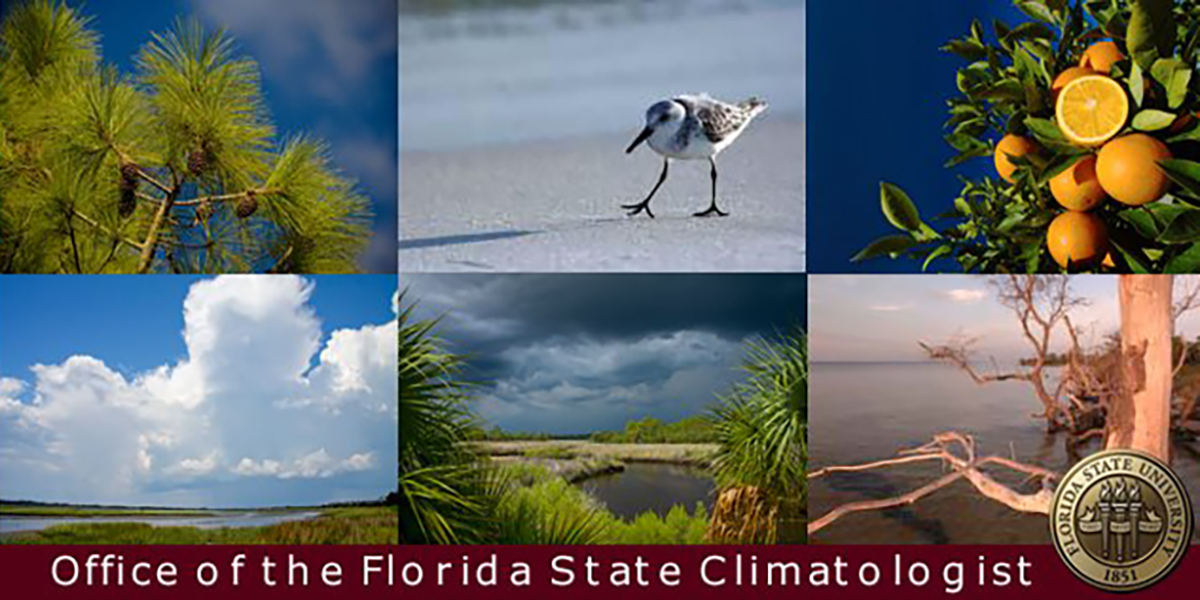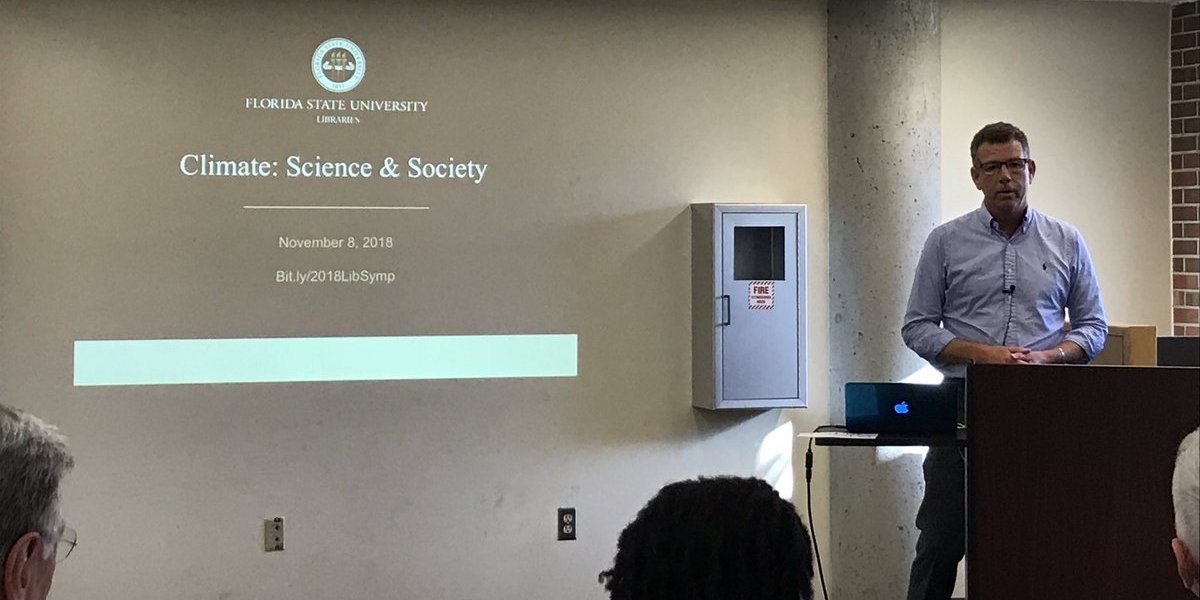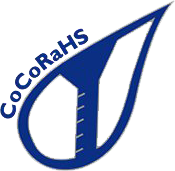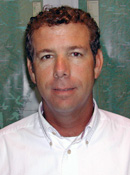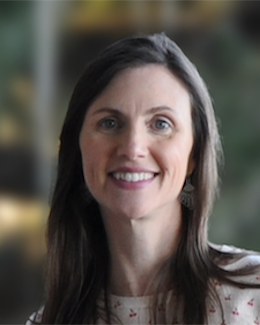The Florida Climate Center serves as the primary resource for climate data, information, and services in the state of Florida.
What's new in our world?
The Florida Climate Center achieves its mission by providing climate monitoring, research, and expertise to be applied by the people, institutions, and businesses of Florida and the surrounding region.
We provide direct service by fulfilling requests for climate and weather data and information in a variety of formats.
We perform research that advances the understanding of the climate variability and changes of Florida and the surrounding region.
We provide outreach in presentations and at events aimed at a variety of groups, interests, and ages.
AgroClimate
(Grades: 6-12)
This tool, created by the Southeast Climate Consortium, illustrates how climate information is used to manage risk in agricultural practices across the Southeast U.S. While the site is geared toward agricultural producers, the climate data and analysis tools, forecasts and outlooks, and other information could benefit teachers.
ASK-Florida
(Grades: 6-8)
Advancing Student Knowledge Through Teacher Education (known as "ASK Florida") to increase middle school teachers' content knowledge in climate change science and their ability to identify and use scientific and teaching tools to incorporate climate education in the classroom.
http://coaps.fsu.edu/outreach/ask-florida-climate-education
Community Collaborative Rain, Hail and Snow Network (CoCoRaHS)
(Grades: K-12)
The CoCoRaHS program is a grassroots citizen science network of volunteer weather observers in the U.S. and Canada, who are working together to measure and map precipitation in their local communities.
http://www.cocorahs.org/Content.aspx?page=CoCoRaHS_Schools
CPALMS
(Grades: K-12)
CPALMS is an online toolbox of information, vetted resources, and interactive tools that helps educators effectively implement teaching standards. It is the State of Florida’s official source for standards information and course descriptions.
Deep-C Education and Outreach
(Grades: 6-12)
Engaging students and educators in research into the 2010 Deepwater Horizon Gulf of Mexico oil spill through workshops on using marine technologies (ROVs), "Scientists in the Schools" series, internships for both students and teachers, and the GOO (Gulf Oil Observers) Project.
http://deep-c.org/education-and-outreach
Environmental Minute
(Grades: 5-12)
Environmental experts from the Florida State University provide information on a range of topics, including sea-level rise, greenhouse gas emissions, renewable energy, green technologies, pollution, hurricanes, ocean circulation, El Niño and many more.
http://coaps.fsu.edu/outreach/environmental-minute
Florida 4-H Weather and Climate Toolkit
(Grades: 4-6)
This toolkit, developed through a USDA grant, is being used by the Florida 4-H to help introduce the basics of weather and climate to youth. The toolkit is broken down into four units that explore how scientists measure and study weather, understanding fact and opinions, and how human activities and climate interact. Each unit includes discussions with hands-on activities and evaluation questions.
http://agroclimate.org/wp-content/uploads/2017/04/AgroClimateWorkbookPrint.pdf
From Weather to Climate - Looking at Air Temperature Data
(Grades: 6-12)
(GLOBE Program) The Global Learning and Observations to Benefit the Environment (GLOBE) program is a worldwide hands-on, primary and secondary school-based science and education program. In this activity, students work with short- and long-term air temperature data in order to better understand the differences between weather and climate.
http://www.globe.gov/web/scrc/overview/climate-foundations/weather-and-climate
Geographic Effects on Precipitation, Water Vapor, and Temperature
(Grades: 9-12)
(My NASA DATA) Students have the opportunity to improve analytical and basic science skills by collecting, comparing, and analyzing atmospheric conditions between two geographic locations.
http://mynasadata.larc.nasa.gov/lesson-plans/?page_id=474?&passid=102
How Much Water is Available in the Atmosphere for Precipitation (My NASA DATA)
(Grades: 7-12)
Students have the opportunity to explore the relationship between the amount of water in the atmosphere available for precipitation and the actual precipitation observed by satellite.
http://mynasadata.larc.nasa.gov/lesson-plans/?page_id=474?&passid=39
Investigating Weather and Climate With Google Earth
(Grades: 6-12)
In this activity, students use Google Earth to explore global temperature changes during a recent 50 - 58 year period. They also explore, analyze, and interpret climate patterns of 13 different cities, and analyze differences between weather and climate patterns.
http://www.ei.lehigh.edu/eli/cc/sequence/day2.html
Measuring the Temperature of the Sky and Clouds (My NASA DATA)
(Grades: 9-undergrad)
In this project you will learn about the greenhouse effect by measuring the temperature of the sky and clouds far overhead with an infrared thermometer.
http://mynasadata.larc.nasa.gov/804-2/1035-2/
NASA's Student Clouds' Observations On-Line (S'COOL) Project
(Grades: 1-Undergrad)
The S'COOL Project involves students in real science, making and reporting ground truth observations of clouds to assist in the validation of NASA's Clouds and the Earth's Radiant Energy System (CERES) satellite instruments studying how clouds may affect the Earth’s climate.
Rising Tides: Climate Change and the Sea
(Grades 9-12)
This lesson plan uses videos, NASA visualizations, and digital map projections to help students understand the connection between climate change and sea level rise. The lesson draws on the "Climate Refugees" story on the Powering a Nation website, and includes independent research and inquiry activities that allow students to explore sea level changes in North Carolina and around the world.
http://www.learnnc.org/lp/pages/6723
Satellites to Go!
(Grades: 1-5)
Download a kit on NASA's Earth observation satellites! These fun activities were developed at COAPS for families with children.
http://coaps.fsu.edu/outreach/satellites
Sea-Level Rise Visualization for Alabama, Mississippi, and Florida
(Grades: 6-Undergrad)
This is an interactive map that illustrates the scale of potential flooding in Alabama, Mississippi, and Florida due to projected sea level rise. It is a collaborative project of NOAA Sea Grant Consortium and U.S.G.S. It is a pilot project, so there is some possibility that the resource may not be maintained over time.
https://coast.noaa.gov/digitalcoast/tools/slr.html
Sea Level Trends
(Grades 9-12)
This lesson is designed as an introductory activity exploring one facet of global climate change. Students will access real scientific data to investigate and compare long-term changes in sea level from different coastal locations around the United States.
http://www2.vims.edu/bridge/DATA.cfm?Bridge_Location=archive0910.html
What is Your Climate Classification (GLOBE Program)
The Global Learning and Observations to Benefit the Environment (GLOBE) program is a worldwide hands-on, primary and secondary school-based science and education program. This activity helps students become familiar with the Köppen-Geiger Climate Classification system. Students will also understand that climates can be broadly classified using a system that is based upon specific variables: air temperature and precipitation.
http://www.globe.gov/web/scrc/overview/climate-foundations/climate-classification
The Florida Climate Center, along with the Center for Ocean-Atmospheric Prediction Studies (COAPS), is committed to educating the public about research efforts and issues related to meteorology, climatology and physical oceanography. We regularly participate in community events and are available to give presentations to groups of all ages.
For more information on the meteorological presentations, please click the headers below to see what demonstrations are available. If you are interested in a physical oceanography presentation, please refer to our list of Meteorology & Oceanography Presentations for K-12 Students.
To schedule a presentation, please contact one of our Outreach Educators.
Outreach Presentations
David Zierden
State Climatologist
Assoc. in Research
Rm. 242
(850) 644-3417

The second video of the CoCoRaHS Educational Series presents: Weather Vs. Climate. Learn about the differences in this fun new video! Watch Now...

This video explains what the water cycle is. how important it is to life on earth and human impacts on the water cycle. Watch Now...

The first in a series, CoCoRaHS Presents: The Water Cycle. Learn about the water cycle with this fun new video! Watch Now...

This video discusses the social and economic impacts (worldwide and in the US) of sea level rise caused by global warming. Watch Now...

